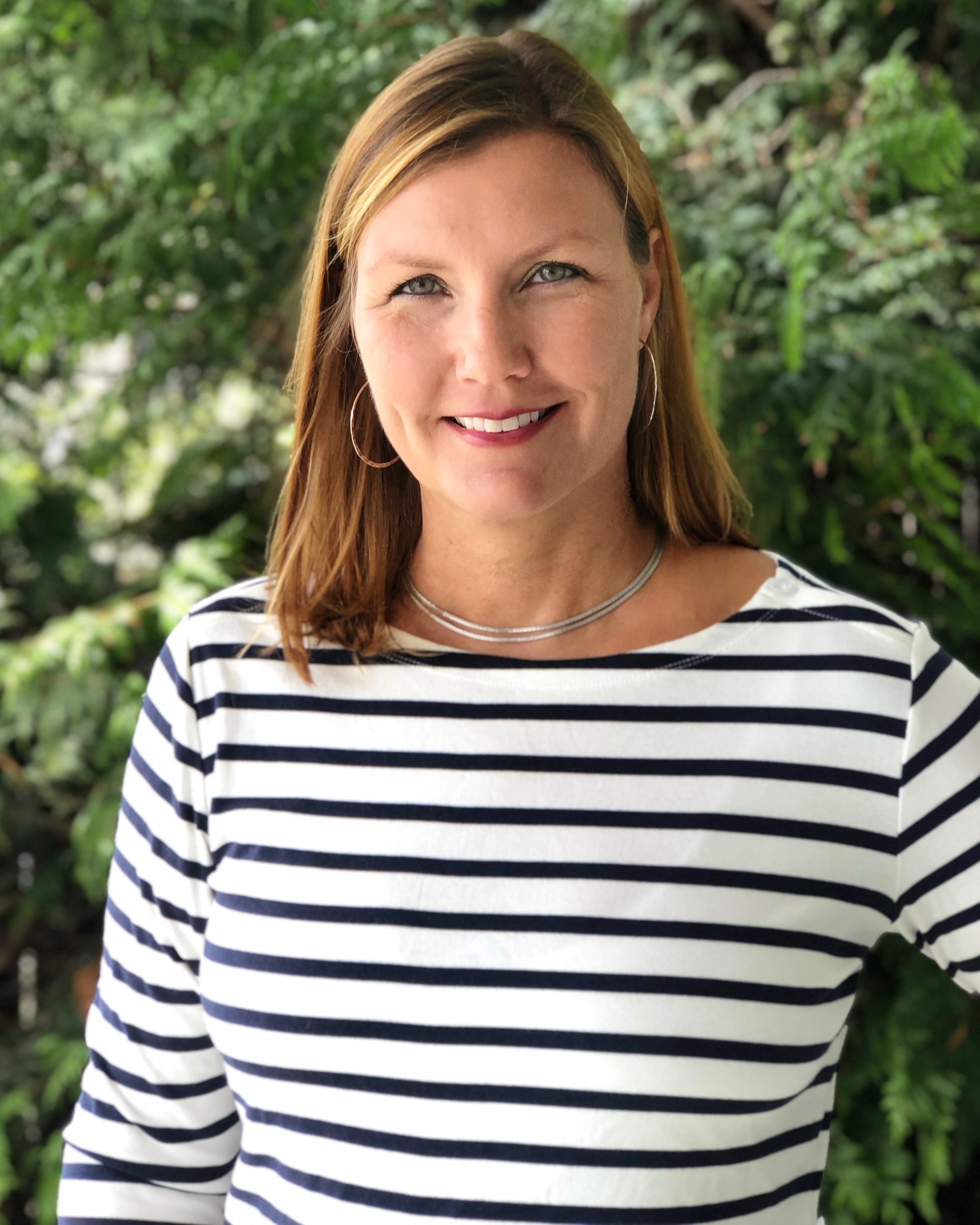

Lena Karlström, Director of Undergraduate Scandinavian Studies, delights us with exciting news and insightful thoughts on some Nordic topics today!
CENES: What is exciting about learning Swedish and Danish in 2021?
LK: Finally, we are back in the classroom for in-person learning! Personally, I cannot wait to meet my Swedish students from our Zoom classes in real life.
Our new Danish lecturer Ann-Kathrine Havemose has also just arrived! She will teach Beginners’ Danish and a few Scandinavian literature and culture courses, including courses on Danish culture, Vikings, and the upcoming SCAN 332A on Nordic myths and children’s literature. It’s been a long wait so we are incredibly happy to have her join our program.
Another new initiative will be fika, (Swedish word for coffee/tea), every Wednesday at 3pm in the lounge on the 9th floor in Buchanan Tower for all students in the Scandinavian program. This will be a carefree way to hang out with fellow students and instructors. For those taking the language courses it’s a chance to practice new vocabulary too, although I imagine that English will quite likely be the most spoken language. The main intent is to get to know your classmates and other students who take SWED/DANI/SCAN courses. A cinnamon bun or two might also be served!
CENES: How has the pandemic affected life for people in Nordic & Scandinavian places?
LK: Each of the Nordic countries have had slightly different ways to deal with the pandemic but what is common is the isolation felt by many. Contrary to some popular misconceptions, Scandinavians are a very social people who take any chance they can to get together. An active social life is of extra importance for enduring the long and dark winters there.
Nordic people’s love for travelling is well known and it is also connected to their fairly remote location. They jump on opportunities to study or work abroad, so staying in contact with friends and family that are back home or spread all over the world has been a challenge. I’m sure that UBC students and faculty share this frustration and dilemma, I certainly do. However, I think this separation has forced people to come up with alternative ways to socialize. Many Nordic grandparents have even become tech savvy this last year!
People have also been forced to start thinking about how unsustainable their travel habits were before the pandemic hit. Greta Thunberg has become a role model to many, and now people will think twice before getting into a plane, especially for work or study-related trips such as conferences. The pandemic has taught us that we can stay close, even when far apart.
In general, Nordic people have a strong trust in their governments and listen to experts, so the vaccination process is going smoothly. There’s definitely light at the end of the tunnel.
CENES: What is for you the most fun part about learning/speaking Swedish and Danish? Are they hard to learn?
LK: Taking our language courses is an ego boost! According to studies, Swedish and Danish are two of the easiest languages to learn for English speakers. I know it’s hard to believe but trust me, (or google it)! Our students are pleasantly surprised that they can have a conversation about themselves and their family, their studies, hobbies and plans, after only one term. This is of course thanks to Scandinavian languages being Germanic, just as English is.
Swedish and Danish are much more phonetic than say French, and definitely more so than English, which simplifies pronunciation. It’s fun to get to use cute letters with dots and circles too, for example Skål! An added bonus is that you can walk around IKEA and identify Nordic words and place names (the Danes complain that rugs have Danish names…). Being in Vancouver you might run into one of the Swedish former or current hockey players and get to impress them with your conversational skills.
An important part of our language training is the cultural aspect. A lot of the learning is facilitated through media, film and music. Sing-along Fridays in Swedish is a staple.
CENES: What is special about our program, in your experience?
LK: You decide to take a course in the Scandinavian program after watching one of the many Nordic crime shows on Netflix and then you end up being part of our Scandinavian “family.” At least that’s the goal for us teaching here. With comparatively small classes, you will soon be on a first name basis with the instructors and get to know your class mates.
To create this strong sense of community in our program we organize social events throughout the year (weekly fika as mentioned before, outings to the International Film Fest, the little lördag / Saturday celebrations, the Lucia pageant singing performance with special goodies etc.). We also work very closely with the Scandinavian and Nordic student club (the SNCA) and whatever they do and wherever they go we tag along with our students!
CENES: What kinds of Swedish and Danish-speaking community opportunities are there here in Vancouver?
LK: There is a Scandinavian Centre in Burnaby where the Danish, Swedish, Norwegian, Icelandic and Finnish Houses are located. They organize numerous events like Midsummer Fest, concerts, guest speakers and various themed markets with homemade food and baked goods. It’s quite the way from campus but worth the trip!


